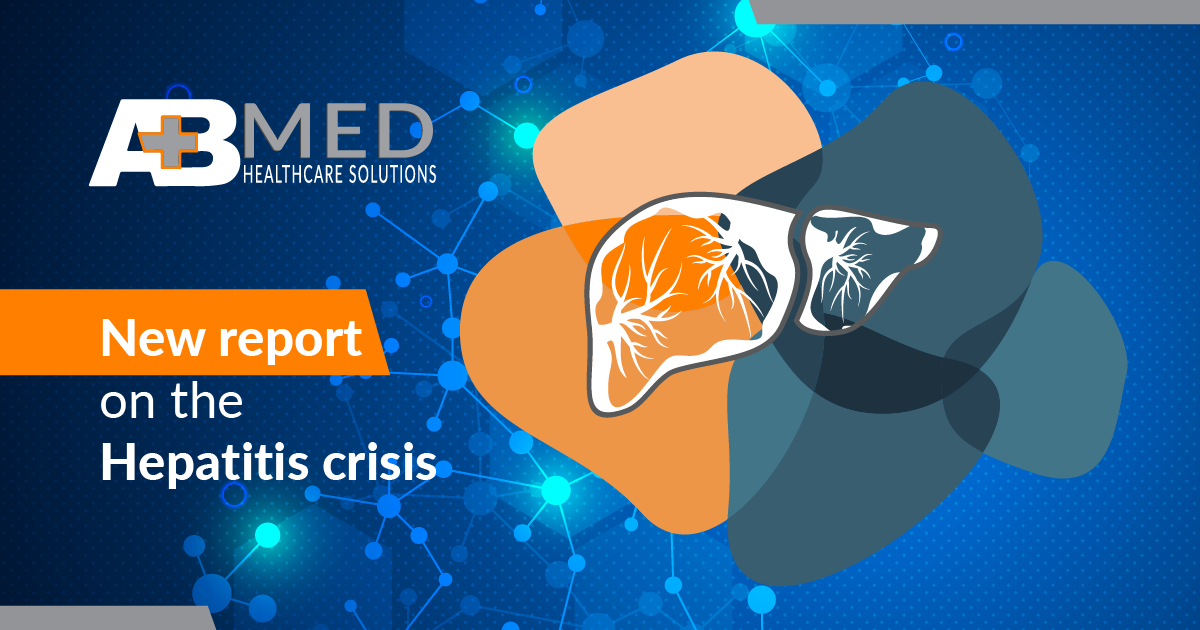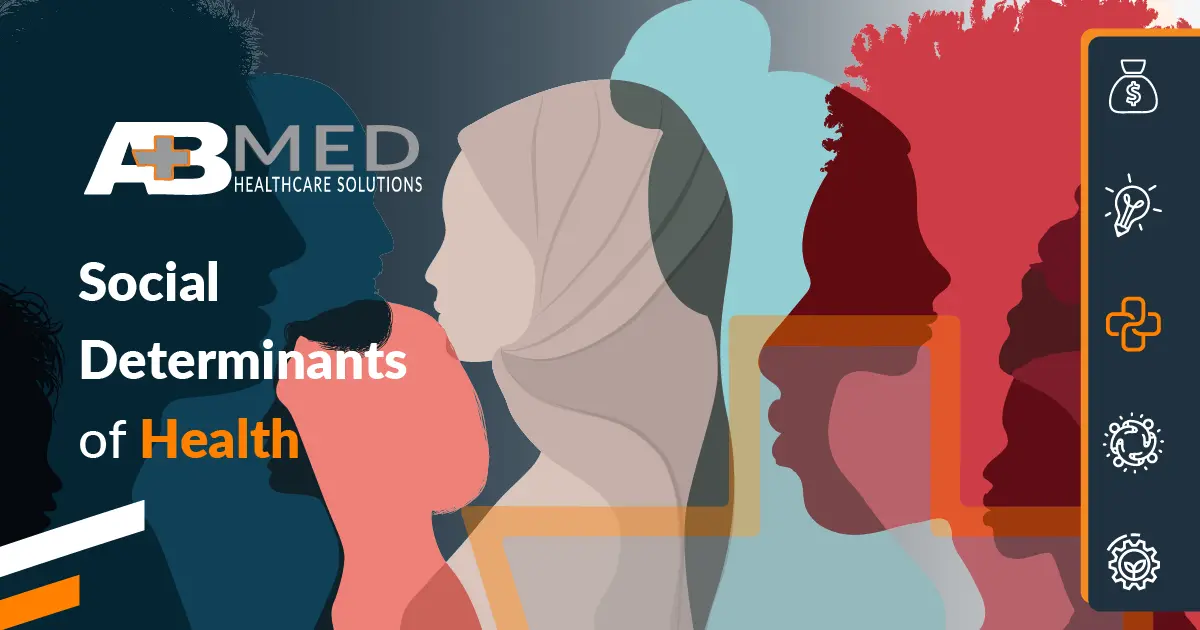Hepatitis outbreaks are a growing public health threat that affects millions each year. Understanding the factors accelerating this deadly virus is key to uncovering how to best respond to and mitigate its spread. An investigation into the current crisis suggests that opioids, the COVID-19 pandemic, and limited access to testing and treatment play the protagonistic role. This article aims to provide insight into the severity of this virus, its current advancement, and what local, national, and global health departments can do in response.
Hepatitis Outbreaks: Where We Are Now
Hepatitis is a deadly disease with a global impact. According to the World Health Organization, someone loses their life to Hepatitis B or C every thirty seconds, resulting in over a million deaths annually. (ii) In the United States alone, an estimated 862,000 people are currently living with HBV (Hepatitis B), and there are thousands of new cases each year. (iii).
While there are different prevention methods and treatments for viral Hepatitis, more must be done to expand access to care and eliminate barriers to preventing Hepatitis outbreaks.
Hepatitis Outbreaks: The Growing Threat
Unfortunately, Hepatitis is on the rise globally. According to the Department of Health and Human Services’ National Strategic Hepatitis Plan, “progress on preventing hepatitis B has stalled, and hepatitis C rates nearly tripled from 2011 to 2018.” (iv). What’s driving this rise in infections cannot be pinpointed to one singular cause. Instead, there are a variety of factors working together to exacerbate this disease.
Barriers to Care
Despite having an effective Hepatitis B vaccine available, only 25% of U.S. adults have received it. (iii).
Globally, access to the HBV vaccine is even more limited. According to the World Health Organization, only 42% of children worldwide have access to the Hepatitis B vaccine at birth. (ii) Raising awareness of the efficacy and importance of the vaccine as well as eliminating financial barriers to receiving it will be necessary to slow down the rise in HBV rates.
In addition, there are significant and inequitable obstacles to treatment and care strategies. Data from 2013-2016 revealed that only 60% of people in the U.S. with Hepatitis C are aware of their status, and even less so for Hepatitis B. (iv)
The World Health Organization states: “While we have the guidance and tools to diagnose, treat, and prevent chronic viral hepatitis, these services are often out of reach of communities and are sometimes only available at centralized/specialized hospitals.” (ii)
Public health leaders and healthcare departments across the globe should focus on expanding access to care and mitigating barriers to treatment for Hepatitis viruses.
Opioid Epidemic
For years, researchers have been connecting the rise in Hepatitis C infections in the U.S. and substance use, particularly injection drug use. (v) Regrettably, one public health strategy in response to the opioid crisis might have unintentionally made the Hepatitis problem worse.
A recent study took data from 2004-2015 to determine whether the 2010 introduction of an “abuse-deterrent version of OxyContin” may have led users to switch to heroin (which is typically injected) and consequently exposed them to Hepatitis C. (vi)
After analyzing the data, the researchers’ results were clear: “This study shows that the introduction of abuse-deterrent OxyContin played a leading role in the rapid increase in hepatitis C infections in the United States. The infections increased three times faster in states most affected by the reformulation—states with above-median rates of initial OxyContin misuse—than in states with below-median rates. This differential increase began immediately after the reformulation in 2010.” (vi)
Because drug use is intertwined with the rise in Hepatitis infections, how public health leaders respond to substance use epidemics can have immediate consequences on Hepatitis initiatives.
Hepatitis and COVID-19
A “new outbreak of unexplained acute hepatitis infections” is impacting children worldwide. (ii) While it is still too early to confirm the cause of these cases, some researchers are questioning the role of COVID-19.
According to virologist William Irving at the University of Nottingham, “Although none of the hypotheses is a clear winner yet, the timing of the apparent outbreak of hepatitis strongly suggests some connection with the pandemic.” (vii)
Other researchers have suggested that a new adenovirus variant could have emerged that is causing these puzzling infections or even that adenovirus coupled with a COVID-19 infection could be to blame. (viii)
What is evident, however, is that more research and time are needed to uncover a conclusive answer.
Further, the vast allocation of resources to fighting the coronavirus has hindered the progress of many Hepatitis public health initiatives. Time, funds, and focus need to return to fighting Hepatitis.
Solutions
Looking at these different drivers of the Hepatitis outbreaks reveals no singular answer to the problem. Instead, public health leaders from local, national, and global health departments need to consider all the various interrelated factors and work together to develop solutions to them.
Expanding access to vaccinations, increasing testing and awareness within at-risk communities, and investing in more research are just some of the ways we can fight against this growing threat.
The World Health Organization is working toward the elimination of Hepatitis by 2030. (ii) Achieving this goal will require a coordinated effort from health leaders across the globe.
At AB Med, we want to be your partner in fighting against Hepatitis in your community.
Contact us today to start working against the factors driving an increase in these deadly infections. Let’s Connect.
REFERENCES & RESOURCES
- Centers for Disease Control and Prevention (2020). What Is Viral Hepatitis? [online] CDC. Available at: https://www.cdc.gov/hepatitis/abc/index.htm.
- www.who.int. (n.d.). World Hepatitis day 2022. [online] Available at: https://www.who.int/campaigns/world-hepatitis-day/2022 [Accessed 20 Jul. 2022].
- www.naccho.org. (n.d.). NACCHO Applauds the Centers for Disease Control and Prevention’s Updated Adult Hepatitis B Vaccination Recommendations – NACCHO. [online] Available at: https://www.naccho.org/blog/articles/naccho-applauds-the-centers-for-disease-control-and-preventions-updated-adult-hepatitis-b-vaccination-recommendations [Accessed 20 Jul. 2022].
- VIRAL HEPATITIS National Strategic Plan A Roadmap to Elimination. (n.d.). [online] Available at: https://www.hhs.gov/sites/default/files/Viral-Hepatitis-National-Strategic-Plan-2021-2025.pdf.
- Abuse, N.I. on D. (2020). Viral Hepatitis—A Very Real Consequence of Substance Use. [online] National Institute on Drug Abuse. Available at: https://nida.nih.gov/research-topics/viral-hepatitis-very-real-consequence-substance-use.
Powell, D., Alpert, A. and Pacula, R.L. (2019). A Transitioning Epidemic: How The Opioid Crisis Is Driving The Rise In Hepatitis C. Health Affairs, 38(2), pp.287–294. doi:10.1377/hlthaff.2018.05232.
Ledford, H. (2022). Mysterious child hepatitis continues to vex researchers. Nature, [online] 607(7917), pp.20–21. doi:10.1038/d41586-022-01706-y.
- Mohapatra, R.K., Kandi, V., Tuli, H.S., Verma, S., Chakraborty, S., Rabaan, A.A., Chakraborty, C. and Dhama, K. (2022). Emerging cases of acute Hepatitis of unknown origin in children amid the ongoing COVID-19 pandemic: Needs attention – Correspondence. International Journal of Surgery, 102, p.106682. doi:10.1016/j.ijsu.2022.106682.
By: Erik McLaughlin MD, MPH and Aikaterini Papadopoulou, B.Arch






